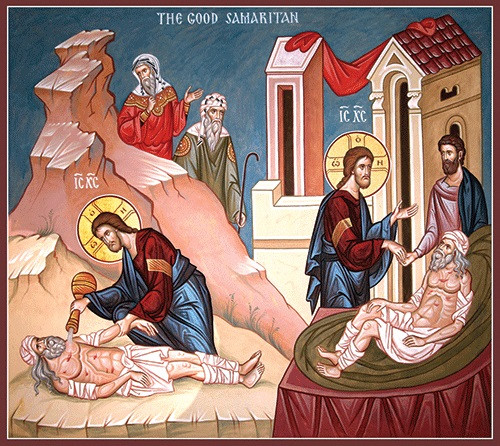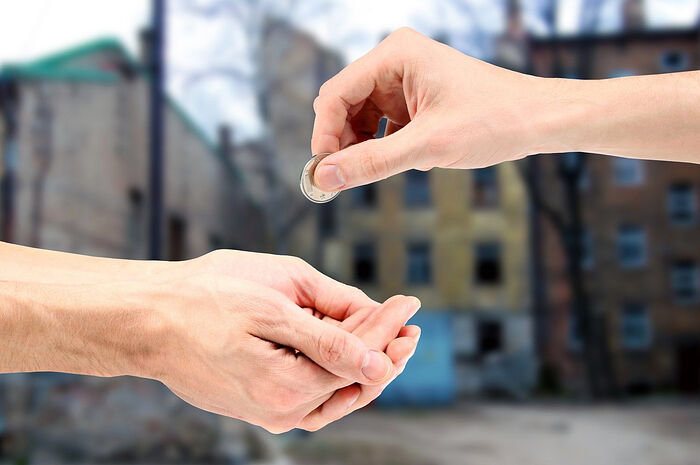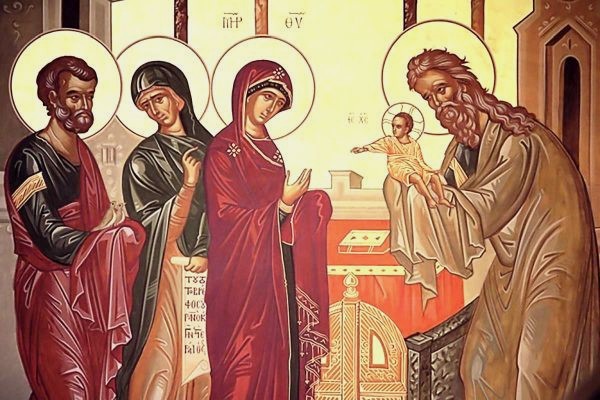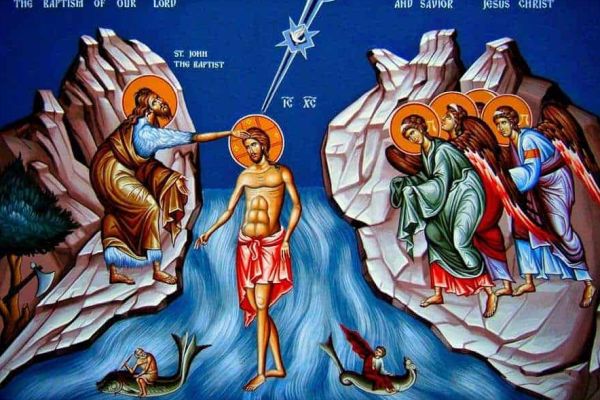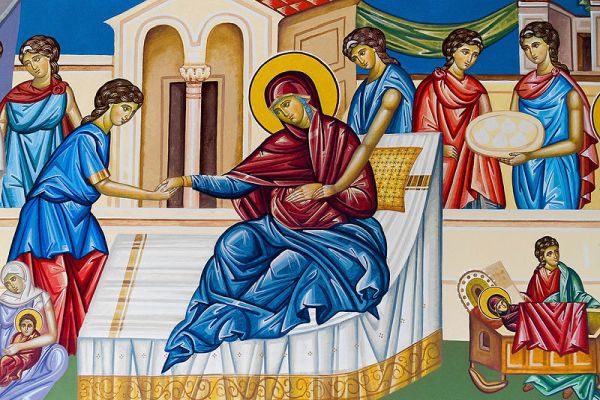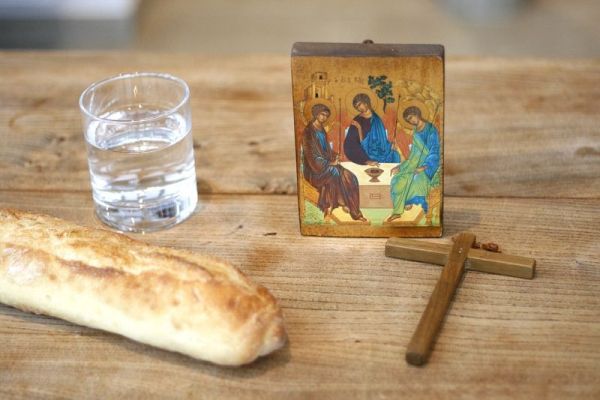Spiritual Disciplines –
Almsgiving
There was a man who was on a journey. But on the way, cruel thieves robbed him, beat him up and left him for dead on the side of the road. Religious people, influential people all went that way; but they didn’t even look at him. Only one man saw the wounded man and had compassion on him. It was a Samaritan man. He not only applied medicine (oil on his wounds and gave wine to strengthen him) but took him in his own vehicle (a donkey) to the nearby hospital (inn) and even paid for his immediate and future treatment.
Even though this story is a picture of how Jesus came to rescue us, it is also a good example of how we should respond to someone in need. This is the best story that illustrates to us what it means to give alms.
As shown in the parable above, and by the way Christ used it in St. Matthew chapter 6: 2, when He said ‘…when you do a charitable deed…’, the meaning of almsgiving is – ‘acting in the right way by showing mercy towards those in need.’ Although this can mean helping someone with financial resources, it also means so much more.
The Blessing, Reward and Judgement Related to Giving Alms
Cornelius and family: In Acts chapter 10 there is a story of a Roman army officer named Cornelius. He was a God-fearing man and did many good things for people. When God decides to reveal the mystery of the Gospel to him, the 1st gentile believer in the history of the church, he has a vision in which an angel appears to him and says (chapter 10: 4b)– ‘Your prayers and alms have come up as a memorial before God.’ It was his faithful prayer and love for the poor that placed Cornelius in a position to receive the visitation of God’s grace. When you show mercy to those in need, it opens you up to receive God’s blessings in your family and life.
The Eternal Reward: In St. Matthew 25: 31-46, Jesus tells the story of the final judgement. In that parable, those who are given eternal rewards are said to have given food to the hungry, drink to the thirsty, served the sick and lonely, clothed the naked and comforted the sorrowful. In fact, these are all acts of mercy to those who were in need. And even more, Jesus says in verse 40 – ‘Whatver you did for one of the least of these brothers and sisters of mine, you did for me.”!’
The Sin of Sodom: The prophet Ezekiel in chapter 16: 49 says that ‘…this was the iniquity of your sister Sodom: She and her daughter had pride, fullness of food, and abundance of idleness; neither did she strengthen the hand of the poor and needy.’ In other words, they were judged because of the lack of compassion and mercy on the poor and needy. Let us not be judged!
When we decide to give alms, our selfish nature will oppose us. In fact we are hard wired to be selfish and generally not happy to give. Lot of thoughts will come into our minds like; oh, but I am poor; I don’t have enough for myself; I will do it later when I have more resources etc. That is when we can remember the blessing, the reward and the judgement which will come when we obey or not obey what Jesus and the holy Church teaches us.
Our Attitude When
We Give Alms
We are to give alms and do acts of mercy not to impress others. St. Matthew 6: 2-5.
Jesus very clearly says that we should not do our acts of mercy or deeds of righteousness to be seen by men. In fact, if we do so, then Jesus says we will lose our eternal reward!
We do our acts of mercy not out of compulsion, but out of compassion. 2 Cor. 9:7.
We should not do things because someone else told us or what others would think etc. But we should help because we see the need and out of the mercy of our hearts we give. It should be a natural response, something which is part of us. In St. Matthew 25: 37-39, the righteous people ask the King –‘when did we do all these to you?’ What that means is that their helping someone in need was an uncalculated act.
We should do our acts of mercy out of thankfulness to God who has given us our daily bread and for giving the most important gift of God – Jesus Christ. 2 Cor 9:12 & 15
Practical Ways of Almsgiving
• Start helping others in small ways. Start with what you have and what you can.
Ex: Recently when the youth in one of our parishes saw an old widow living alone in a dilapidated house near their parish, they got together to help her. They didn’t have enough money, but they spent their energy, time and efforts in repairing the house and cleaning it up for the woman to stay.
• Use your gifts and talents to help others.
In the book of Acts chapter 9: 36-43– we read about Tabitha who was raised back to life by St. Peter. The Bible records in verse 36 that she ‘was full of good works and charitable deeds.’ But do you know what her gift was? Her gift was to stitch garments, especially for the widows and that was her almsgiving.
• Cooking a meal to help someone in need.
• Washing clothes for a neighbour who’s sick.
• Saving money to help others. During Lenten season the money we save by skipping meals or not eating certain food items should be used to buy and give food, clothes or any kind of help to those who are in need.
To keep in mind.
Mother Teresa once told a story about a poor family to whom she gave some grain of rice. The mother of this family who had many children received the rice with gratefulness. But then the mother, after receiving the rice grains, divided it into two. When Mother Teresa asked her why she was dividing it, the mother said – ‘there’s another family who are also very poor living next to us; this is for them.’ Don’t think lack of finances means someone is poor. They might be rich at heart!
The Great Lent is a season when we can practice giving Alms and make it a habit or part of our lives. Let us be people of compassion and follow the example of the Good Samaritan.
May the Lord grant us His grace and mercy to practice what we have learned and glorify His name in all that we do!
